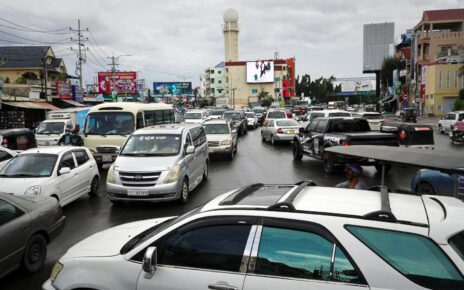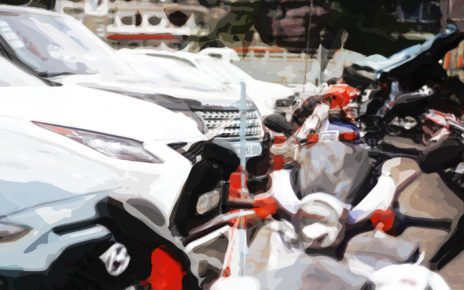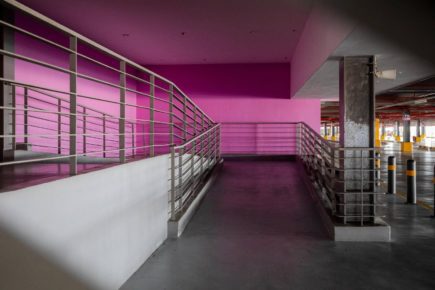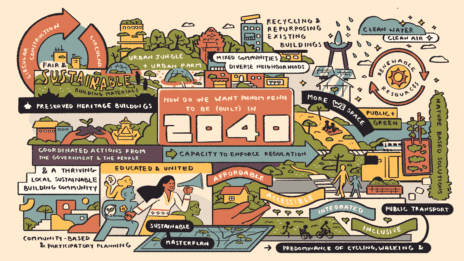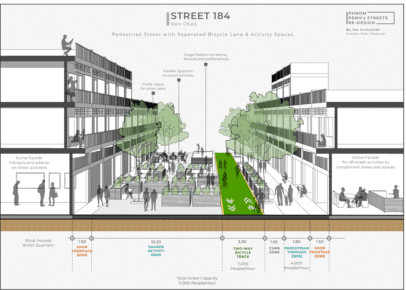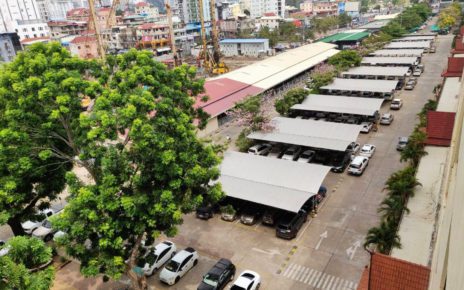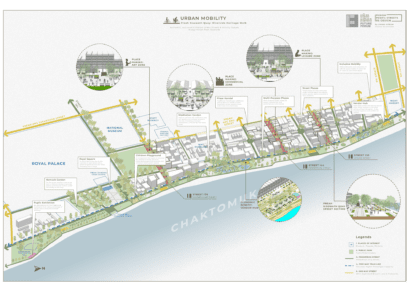
Riverside’s Reinvention: The Case for Car-Free Sisowath Quay
Phnom Penh’s most valuable urban space is dominated by traffic that makes a mess between the riverfront and Royal Palace. In the first of a four-part series campaigning for a car-free Sisowath Quay, Ses Aronsakda highlights the idea’s potential for civic activity and commuters.



